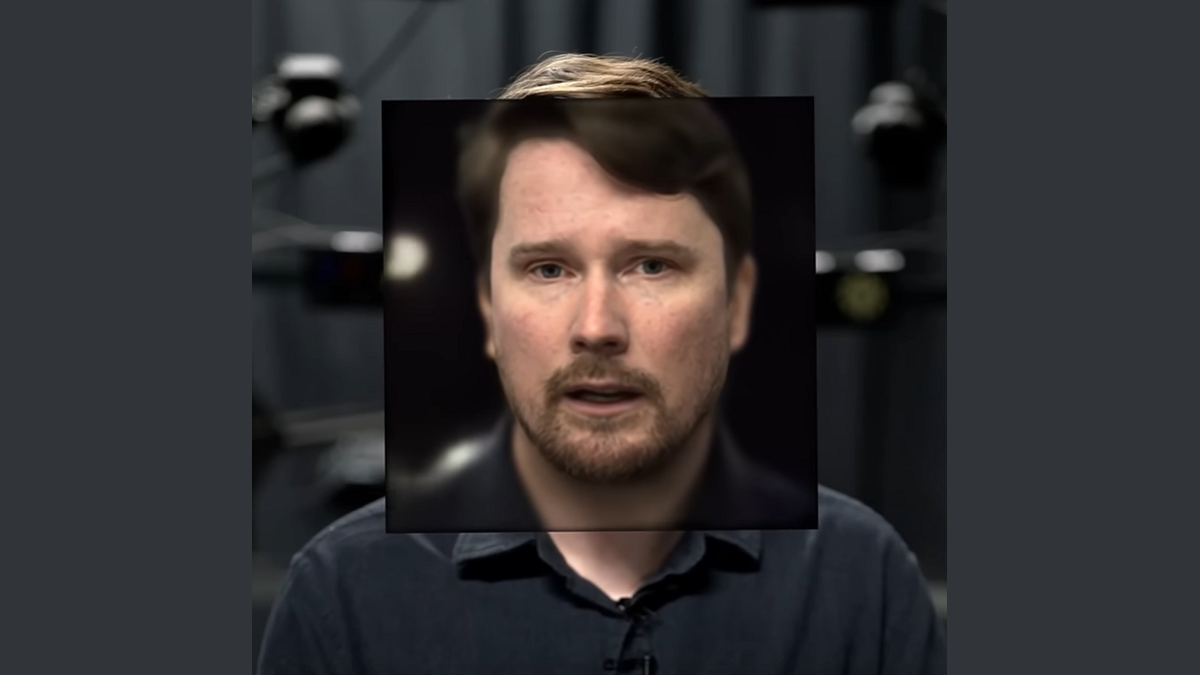Tom Graham, CEO of Metaphysic has made history by being the first person to submit their AI likeness for copyright registration with the U.S. Copyright Office.
Graham’s Metaphysic is a company that creates ‘deep fakes’ of people using AI. Metaphysic uses generative AI to create realistic videos with the belief that everyone should have ownership and control of their AI likenesses as well as biometric data.
The CEO is looking to create a form of intellectual property rights that will be available for any person to use and claim in the future. Graham aims to do this by following the rules and laws that are already in place, seeing how the line between real life and fake videos is getting thinner and thinner.
“Generative AI can create content that looks and feels real, and regular people’s avatars can be inserted into content by third parties without their consent. This is not right, and we should never lose control over our identity, privacy or biometric data,” said Graham.
“I hope that copyright registration of the photo-realistic AI-generated version of myself will increase my ability to take action against unauthorised AI impersonations of myself in the future. Today’s law supports that. We all need to work hard to ensure that future laws and regulations strengthen individual’s rights and protect vulnerable members of society.”
So to create Graham’s AI likeness, the CEO made a three-minute video of himself using his phone. This video captured his face, voice and biometric information which will allow Metaphysic’s hyperreal AI tool to create an AI version of Graham that looks and sounds just like the real thing.
A new framework for protecting identities
Graham and his team not only improved the look of his AI likeness but also blended it with a video of himself for a more accurate and realistic representation of his AI avatar.
Metaphysic said that maintaining data ownership and protecting individuals’ rights will be critical to the mass adoption of AI technologies.
In a video, Graham said that Metaphysic is creating an AI representation of him that will be an AI avatar and it will be clearly recognisable as him. “Even if the appearance of my AI representation of myself changes dramatically, or if I change my hair or add creative features, my intention is to create an AI version of myself that embodies the essence of who I am as a person, and that this video is designed to capture enough of my unique biometric data, including image and audio data, in order to generate a data set will be used to train the AI models that will in turn create the realistic AI representation of myself,” he said.
The move to copyright Graham’s AI likeness could be an important step in establishing a blueprint for other individuals and public figures to safeguard their identities, performances, and brands.
Isa Muhammad is a writer and video game journalist covering many aspects of entertainment media including the film industry. He's steadily writing his way to the sharp end of journalism and enjoys staying informed. If he's not reading, playing video games or catching up on his favourite TV series, then he's probably writing about them.






































